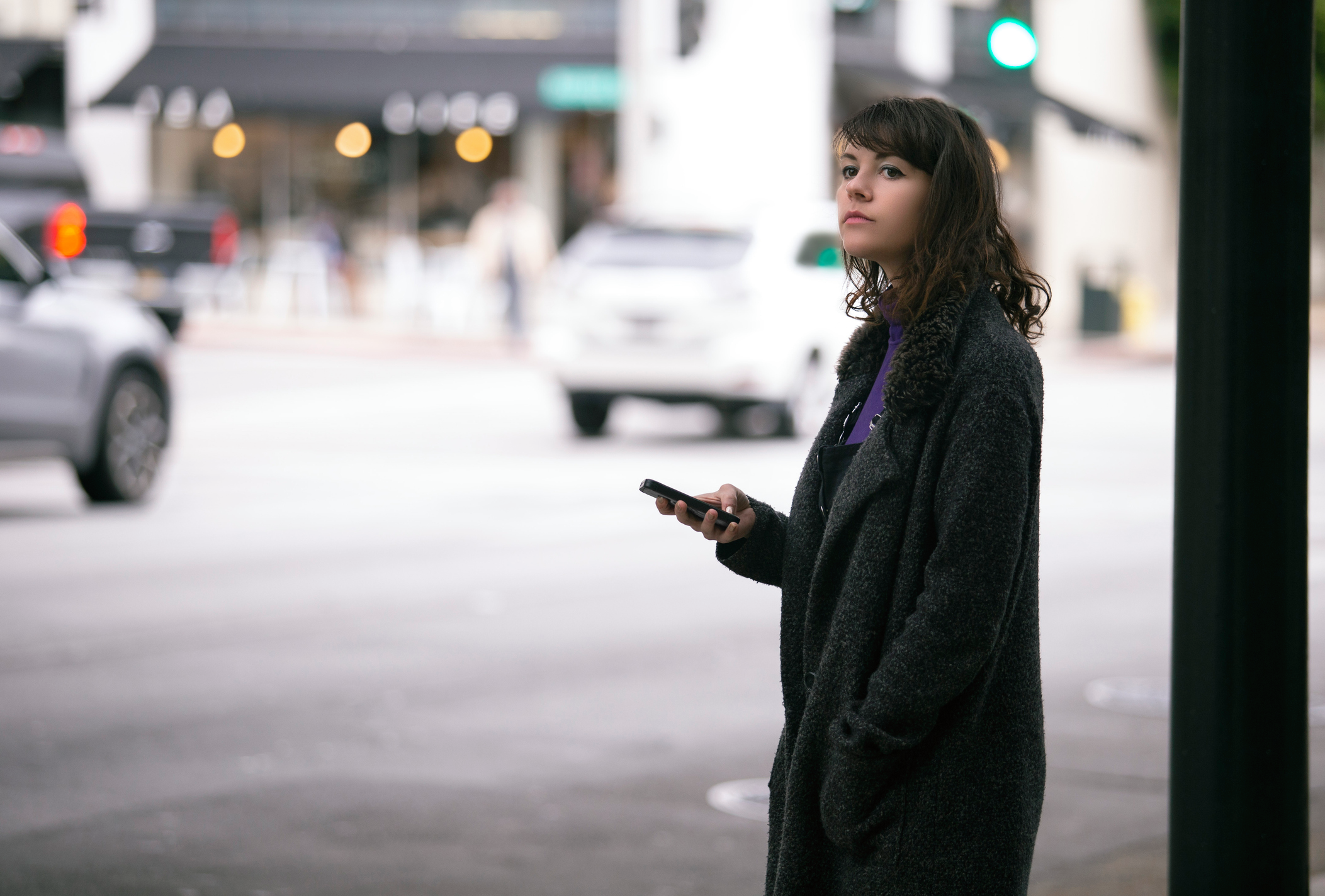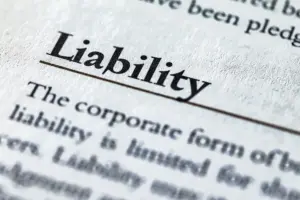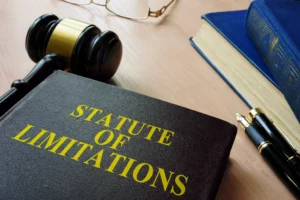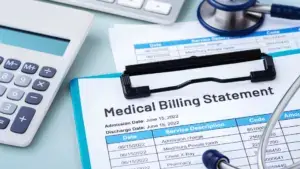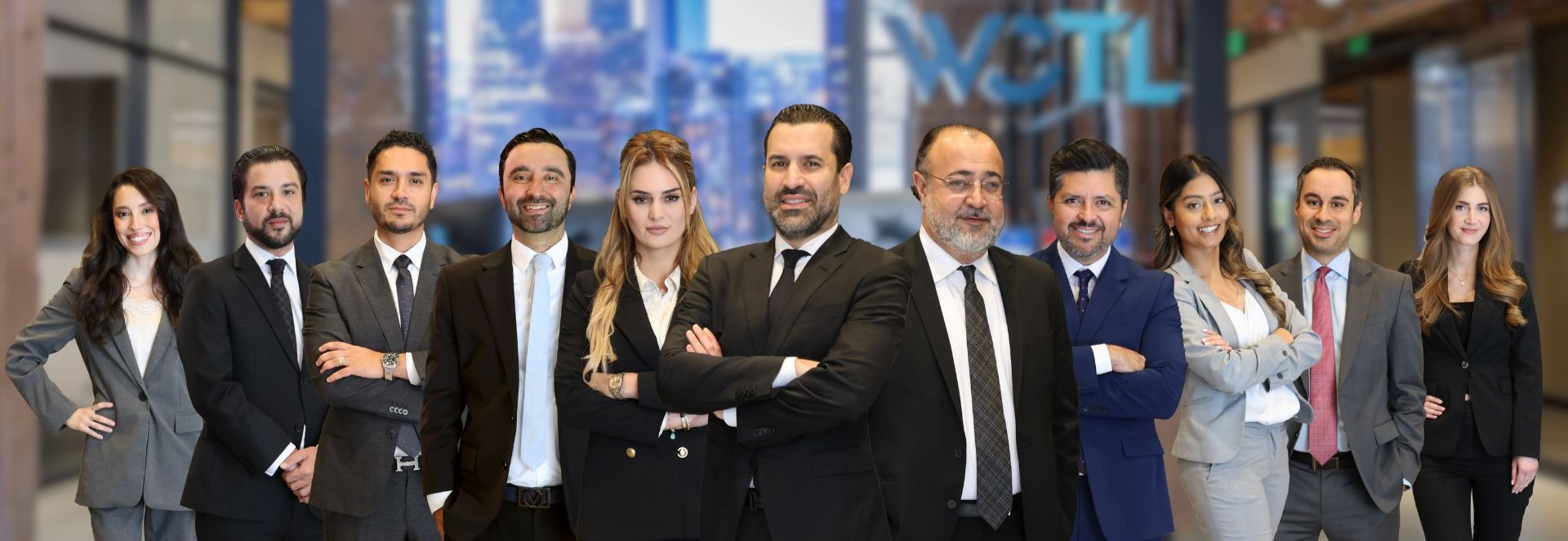Ridesharing services, such as Uber and Lyft, have become the go-to form of transportation for many Los Angeles and Southern California residents. Despite their convenience and accessibility, rideshare accidents are a common occurrence that lead to a variety of injuries much like any car accident in Los Angeles. However, ridesharing policies and laws are constantly evolving and in doing so, has made filing a personal injury claim notoriously difficult and time consuming, so it’s important to understand your rights if you were injured or suffered property damage in an Uber or Lyft accident.
If you are a victim of an Uber or Lyft accident and would like to seek compensation for damages, we at West Coast Trial Lawyers, are ready to represent you during this stressful time in your life. We are a personal injury law firm with over 20 years of legal experience and our lawyers are confident that they can get you the maximum compensation you deserve for your losses.
We have recovered over $1.7 billion in financial compensation to our clients and our compassionate team of lawyers are ready to fight and make sure you are on the road to recovery from your ridesharing accident. Whether you were involved in a minor accident or a complicated one, our Uber and Lyft accident attorneys are available 24/7 to answer any question or concern you may have about your case.
We run on a contingency-fee basis, meaning you pay no fees until you win. To schedule a FREE consultation, you can get in touch with us by calling us at (213) 927-3700 or by filling out our quick online contact form.
Why Rideshare Accidents in Los Angeles Are Uniquely Complicated
Los Angeles isn’t just busy, it’s ranked #2 in the nation for the worst traffic congestion. With millions of people relying on rideshare services to get to and from work, the gym, restaurants, and airports, Uber and Lyft drivers are on the road constantly. That makes accidents statistically more likely, especially in congested zones like Downtown LA, West Hollywood, Koreatown, and Hollywood.
What makes Uber and Lyft accident cases in LA so difficult is the legal gray area surrounding driver status and insurance. Unlike traditional taxi companies, rideshare drivers are often considered independent contractors. That means Uber and Lyft will try to deny liability unless the driver was logged into the app and actively transporting a passenger at the time of the crash.
On top of that, the insurance coverage changes depending on which “period” of the ride the driver was in (offline, waiting for a ride, en route to a pickup, or mid-trip.) Knowing which insurance policy applies, how much coverage is available, and who is legally responsible isn’t something most victims can figure out on their own. That’s where we come in.
What You Should Do Immediately After a Rideshare Accident in LA
After a rideshare crash, especially in a high-traffic city like Los Angeles, what you do next could impact the outcome of your personal injury claim. First, seek medical attention! Even if your injuries seem minor. Whiplash, concussions, and internal bleeding don’t always show symptoms right away. Getting medical treatment also creates the documentation needed to support your case.
You should also report the accident in the Uber or Lyft app. Doing this triggers the company’s internal reporting process and may be required to initiate their insurance coverage. Be sure to take photos of the accident scene, your injuries, and the vehicles involved. Get contact information from everyone present—drivers, passengers, and witnesses. Also, getting a police report can help as well.
Avoid speaking to insurance adjusters until you’ve consulted a lawyer. Rideshare companies and their insurers are notorious for offering quick, lowball settlements. If you accept one of these offers, you may be waiving your right to seek further compensation, even if your injuries worsen over time.
Common Los Angeles Uber and Lyft Accident Injuries
Under the worst circumstances, Uber and Lyft accidents can produce life-threatening and fatal injuries where immediate medical care is required. However, while many people are under the impression that you must have suffered a critical injury to pursue legal action after an Uber or Lyft accident, this is not the case.
The type of injury you sustained is not necessarily what will determine whether you have grounds to pursue a rideshare accident claim. Instead, your Uber accident lawyer will closely evaluate the ways your life has been affected by the accident and your injuries to determine whether you have the right to financial compensation. It is important to note that in the state of California, there are Uber driver accident protections in place.
With that being said, there are some types of Uber and Lyft accident injuries seen more often in Los Angeles than others. These include:
- Internal bleeding
- Traumatic brain injuries
- Whiplash
- Facial injuries
- Bone breaks
- Paralysis
- Amputation
- Spinal cord damage
- Contusions
- Lacerations
- Abrasions
These are only a few of the more common types of injuries seen in Los Angeles Uber and Lyft accident claims. If you suffered an injury that was not listed above, you may still have grounds for legal action. Contact an Uber and Lyft accident attorney in Los Angeles to discuss your legal options further.
Los Angeles Uber and Lyft Insurance Requirements and Driver Periods
Uber and Lyft maintain layered insurance coverage, but access to those policies depends on the driver’s status at the moment of the accident. This is a major point of confusion for victims.
- Offline: When the driver is not logged into the app, Uber and Lyft provide no coverage. The driver’s personal insurance is the only source of compensation.
- App On, No Ride Accepted: Uber and Lyft provide limited liability coverage (up to $50,000 for bodily injury per person, $100,000 per accident, and $25,000 for property damage.) This coverage kicks in only if the driver’s personal insurance does not apply.
- Ride Accepted to Passenger Drop-Off: This is where the strongest coverage applies. Both Uber and Lyft offer up to $1 million in third-party liability coverage, plus underinsured/uninsured motorist coverage and contingent collision coverage.
It’s important to understand that rideshare companies will do everything they can to deny coverage or delay your claim. They may argue the driver was off duty, or that another party was at fault. Our attorneys are familiar with these tactics and know how to push back.
How Are Uber and Lyft Accident Claims Different From Other Car Accident Cases?
While they are not the only companies in the ridesharing business, Uber and Lyft are by far California’s most well known and lucrative “Transportation Network Companies”. Sometimes known as TNCs, Uber and Lyft are both regulated by the California Public Utilities Commission (CPUC) and the California Public Utilities Code.
There are several key differences between TNCs, such as Uber and Lyft, and traditional limo or taxi services, For example:
- A rideshare driver typically sets his or her own schedule
- A rideshare driver is not obligated to accept a specific ride or rider
- TNC vehicles usually don’t have obvious visual displays or signage
- A rideshare driver typically drives his or her own personal car and is 100% responsible for all maintenance and fuel costs
Taxi services must have a commercial insurance policy that is in effect at all times, whether or not the driver is on duty. This stands in contrast with Uber and Lyft, whose commercial policy will only go into effect if there are passengers in the vehicle, or if the driver is presently logged onto the app and is actively looking for a passenger.
California Assembly Bill 5 (AB5) and Proposition 22
In September of 2019, California Assembly Bill (AB5) was passed. This classified gig workers, including rideshare drivers, as employees. Any unlawful actions committed by an employee would cause the company to face legal repercussions. Furthermore, employees are granted benefits, such as minimum wage, sick page, and workers’ compensation.
After AB5’s passage, Uber and other in-app services established Proposition 22. Over $200 million was donated in support of this initiative campaign, which ultimately resulted in Prop 22 passing in November of 2020. Rideshare drivers were reclassified as independent contractors, meaning that companies who hire contracted workers would no longer have to face any responsibilities for negligent actions committed by their rideshare drivers.
However, Prop 22 was declared unconstitutional by the Alameda Superior Court of California. Uber and other in-app services responded by announcing the intent to appeal to the decision. Prop 22 will make its way to California’s Supreme Court, where a decision will be made on whether it should remain in effect. Until then, Prop 22 will remain active.
Determining Liability in a Los Angeles Rideshare Accident
In most rideshare crashes, multiple parties may be responsible. That includes the Uber or Lyft driver, other drivers involved, and sometimes the rideshare company itself. If you were injured while riding as a passenger, liability usually falls on the rideshare driver or another vehicle that caused the crash.
In California, we follow a comparative negligence rule, which means even if you’re partially at fault, you may still be entitled to compensation. For example, if you were 20% responsible for the accident, you could still recover 80% of your total damages. This is especially relevant in cases like these, involving three or more vehicles, which are common in dense Los Angeles traffic.
We also investigate whether Uber or Lyft may be vicariously liable for the actions of their drivers. If a driver had a history of reckless behavior or prior incidents and the company failed to take action, that may increase the amount of damages we pursue.
Statute of Limitations for Los Angeles Uber and Lyft Accident Claims
Bringing your case to court and starting the insurance claims process may be far from your mind while you are still healing from your injuries. Unfortunately, after your involvement in an Uber or Lyft accident in Los Angeles, time is of the essence.
The California personal injury statute of limitations under California Code of Civil Procedure Section 335.1 only allows for up to two years for claims of this nature to be pursued in the California civil court system. If your lawsuit is not filed before the statute of limitations expires, you will be barred from recovering compensation in your case if you attempt to seek justice at a later date. It may seem obvious what the statute of limitations deadline is in your case.
However, there are many factors that could have an impact on when this deadline occurs. For example, if you were not diagnosed with your whiplash injury until one week after the accident when you realized how severe your neck pain had become, would the statute of limitation expire two years from the date of the accident, or two years from the date you were diagnosed with your injury?
As can be seen, the amount of time you have to act on your case may not always be clear. Make sure to protect your injury settlement and avoid the statute of limitation negatively impacting your ability to recover compensation by having an experienced Uber op Lyft accident lawyer take on the legal details you face.
What Damages Can Be Recovered After an Uber or Lyft Accident in Los Angeles?
When you have been injured in an Uber or Lyft accident in Los Angeles, it is normal to wonder what your case could be worth. Between filing a claim with the insurance company and pursuing your torque lawsuit, you have the opportunity to be made whole. If you would like to learn how much your personal injury claim is worth, check out our personal injury settlement calculator to get an estimate.
Although being compensated for your injuries will not change what you have been through, it could help you get through these difficult times with less of a financial burden. To ensure that every single loss is taken into consideration, your Uber accident lawyer will need to categorize your losses as economic or non-economic.
Economic Damages
Economic damages are some of the most commonly thought of types of losses you can recover after an Uber or Lyft accident.
These include all of your monetarily base losses, including:
- Loss of household services
- Costs of increased insurance premiums
- Costs of repairing or replacing your vehicle
As it relates to fatal car accidents, surviving family members may also be entitled to damages for the loss of their loved one. Certain family members may be able to file a wrongful death claim for:
- Funeral and burial costs
- Financial support of the decedent
- Losses or benefits provided by the decedent
- Household services the decedent would have offered if they were alive
Non-Economic Damages
However, economic damages are not the only type of loss you can recover in your Uber and Lyft accident claim. Non-economic damages do not have a monetary value. They can affect every person’s life differently, and can therefore have a wide range of values.
Your attorney will go through your non-economic damages in detail to ensure that they are each taken into consideration accordingly. Some of the more common types of non-economic damages you could be awarded in your Uber or Lyft accident claim include:
- Loss of companionship and love
- Loss of advice and guidance
- Emotional distress
- Pain and suffering
- Reputational damage
- Skin scarring and disfigurement
Punitive Damages
Many injury victims wonder whether they could be awarded punitive damages as part of their injury settlement. Under California Civil Code 3294, punitive damages are only awarded in instances where the judge finds it necessary to punish the liable party. The defendant will only be punished in cases where their actions are considered grossly negligent, reprehensible, or abhorrent in nature.
By awarding an Uber or Lyft accident victim punitive damages, the Los Angeles civil court system has an opportunity to send a message to the public that the actions of the defendant in your case will not be tolerated. If you have additional questions about what your Uber and Lyft accident claim could be worth, contact your Los Angeles Uber and Lyft attorney to discuss the details of your case further.
Meet With an Uber and Lyft Accident Lawyer in Los Angeles Today
When someone else’s negligence causes your Uber or Lyft accident, you have the right to hold that party accountable. A powerful Los Angeles Uber and Lyft accident lawyer at West Coast Trial Lawyers could help you recover maximum compensation for your suffering.
Our firm proudly offers no-cost, risk-free consultations to car accident victims across Los Angeles and surrounding cities. Claim yours when you complete our contact form or give our office a call at (213) 927-3700.
